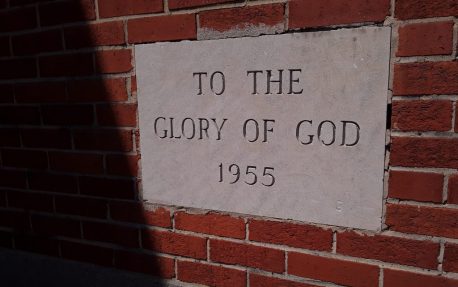Faithfully Preach God’s Word
“Having purified your souls by your obedience to the truth for a sincere brotherly love, love one another from a pure heart, since you have been born again, not of perishable seed but of imperishable, through the living and abiding word of God…”
1 Peter 1:22-23
Scriptures
Jeremiah 23 (main sermon text)
Acts 2, 13 (Examples of New Testament sermons)
1 Peter 1:22-25
Defining Preaching by What It Isn’t
I remember my the first “sermon” I ever preached.
I had no idea what I was doing. I haven’t been able to find the notes. I am glad it wasn’t recorded.
I do remember the scripture from which I tried to preach. It was Zechariah chapter 8. I chose the text to try to cast a vision for our church to pursue renewal and growth. This was, I think about 14 years ago.
I can now see that I started with what I wanted to say to people and found a passage of scripture that I thought I could us to support my ideas for what our church needed to do. Jeremiah warns against prophets or preachers who preach from a starting point of their own visions or dreams.
Preaching is not just presenting our personal convictions, even convictions faithfully held and based upon Scripture. Preaching starts with studying to understand what the Bible passage really means and how it should be applied. Most Christians will never and should never preach a formal sermon (James 3:1), but every Christian should be ready to give a defense of the reason for the hope that is in us, and to do so with gentleness and respect (1 Peter 3:15). Even for those of us who will never preach to a crowd, we have to preach the word to ourselves. That means we read the Bible to know what it is saying. We should be careful not to go to the Bible with a conclusion already in mind. A healthy church requires members to read and study and leaders to read, study, teach, and preach the word faithful to what the word says.



 Scriptures on Church Leadership Qualifications
Scriptures on Church Leadership Qualifications